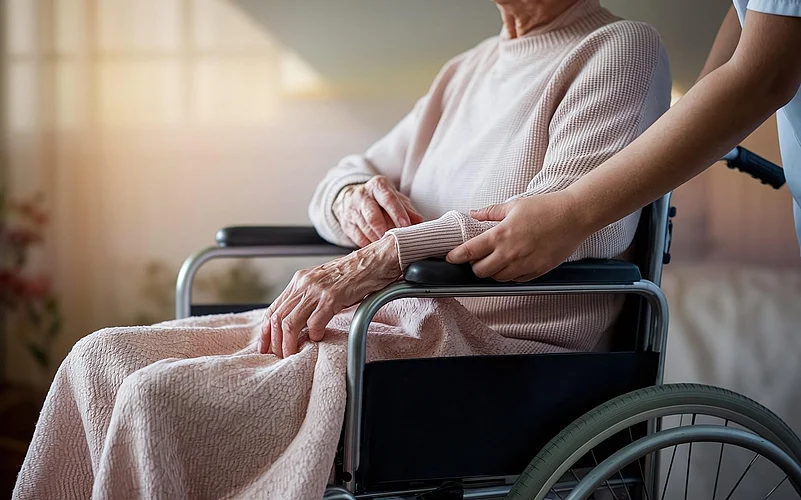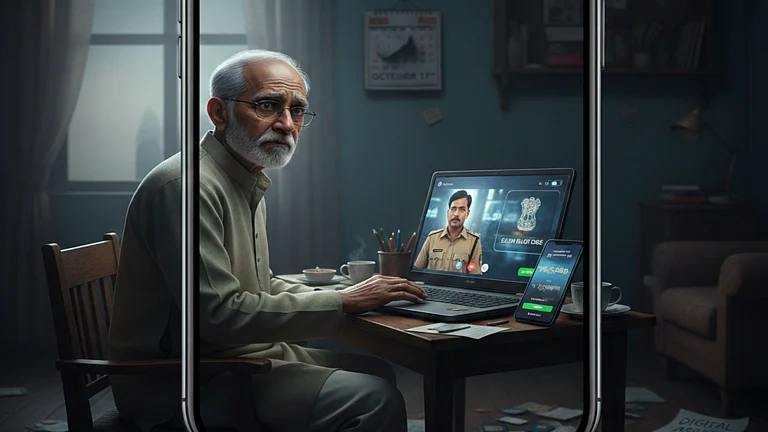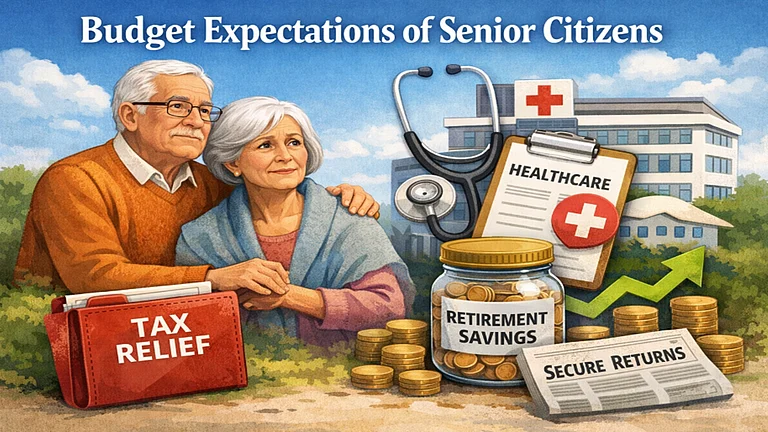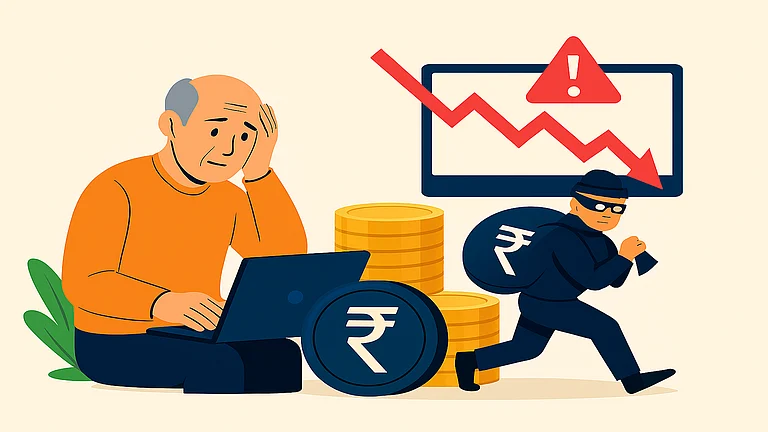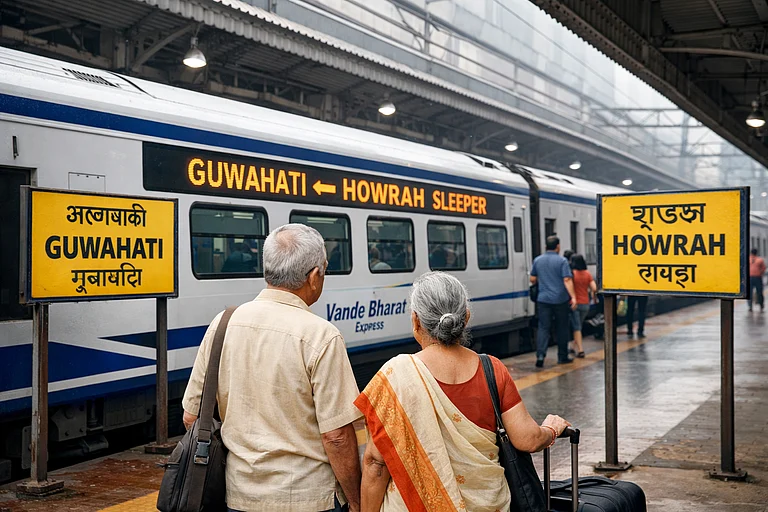The Maintenance and Welfare of Parents and Senior Citizens Act, 2007, ensures that elderly parents and senior citizens are well taken off in their old age. However, the data shows a different picture. Citing the statement from the minister’s office, PTI reported in March, “At the Belagavi Institute of Medical Sciences (BIMS) alone, over 150 cases of deserted senior citizens have been reported, with more than 100 similar cases in other medical institutions across the state".
At the time, the Medical Education and Skill Development Minister Sharan Prakash Patil, after noticing the trend of the children leaving their parents in the government medical college on the pretext of an ailment or a treatment and never coming back later to take them back, asked the government medical colleges to take legal recourse.
While the Act that came into force in December 2007 gave senior citizens much-needed rights to ask for a dignified life, there is still more to be done, as reflected by the number of cases reported and pending resolution.
Bengaluru Urban District Reports The Highest Such Cases:
Over 3,010 such cases have been registered in Karnataka’s Assistant Commissioners’ (AC) Court since the Act became effective. Of these, 1,003 cases are still pending resolution, according to a recent report by The Hindu. The report indicates the highest number of cases have been reported in urban areas, with the Bengaluru Urban District accounting for 827 cases, followed by Hassan district with 588 cases. However, Hassan district has performed better in terms of case disposal, having resolved 581 cases, compared to only 274 cases resolved in the Bengaluru Urban District.
Senior citizens are considered a burden when a family lacks resources, especially financial resources. The trend reflects the attitude of the younger generation, who willingly or unwillingly resort to this bizarre action of using hospitals to leave their parents in the guise of treatment.
What Does The Maintenance Of Parents And Senior Citizens Act, 2007, Say?
The Act lays down the rules ensuring the maintenance of seniors’ needs in old age.
As per Section 4 of the Act, a senior citizen (including a parent who is unable to maintain himself from his own earnings or property owned by him) is entitled to make a maintenance application. If the senior citizen is a parent or grandparent, the application can be made against one or more of his children not being a minor. In the case of a childless senior citizen, the application can be made against relatives.
The Act defines a relative as any legal heir of the childless senior citizen who is not a minor and is in possession of or would inherit his property after his death.
Seniors can approach the Maintenance Tribunal for this purpose.
As per Section 9 of the Act, “If children or relatives, as the case may be, neglect or refuse to maintain a senior citizen being unable to maintain himself, the Tribunal may, on being satisfied of such neglect or refusal, order such children or relatives to make a monthly allowance at such monthly rate for the maintenance of such senior citizen, as the Tribunal may deem fit and to pay the same to such senior citizen as the Tribunal may, from time to time, direct.
Though the Act says that the state government will ensure medical care of senior citizens in government hospitals, such as earmarking facilities for geriatric patients in district hospitals, the trend shows a loophole in the system, leaving the seniors stranded and feeling deceived.
Reports cite that seniors who have transferred their properties to children are prone to abandonment. The abandonment trend underscores that financial security is a crucial aspect, especially in old age; and one should be careful about transferring the assets or properties to children or family during their lifetime.
However, the Act ensures that if a property is transferred but the seniors are not being maintained, it can be transferred back.
Section 23 of the Act lays down the conditions when a property transfer can be declared void. According to it, when a senior has transferred a property subject to a condition that the transferee will provide the basic amenities and physical needs, but the transferee refuses to or fails to provide for these amenities, the Tribunal can declare the transfer void.
Needless to say, the law is there to secure a dignified life for seniors, but more awareness and stringent implementation are also needed.


